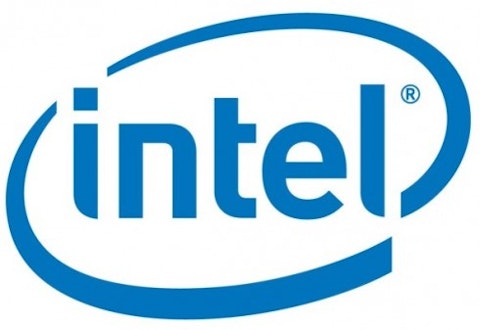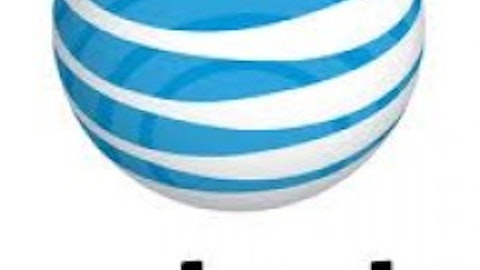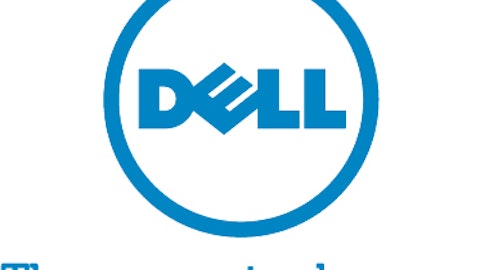Intel Corporation (NASDAQ:INTC), a laggard for the last five years, has staged an impressive showing year-to-date. Up some 25% since the start of 2013, the chip marker’s gains have surpassed the roughly 15% rise for the Dow Jones Industrial Average and 14% jump for both the S&P 500 Index and Nasdaq.
The shares’ upward assent is especially impressive given the fall-off in PC sales, the chip maker’s primary market. Two-thirds of Intel’s revenue comes from PCs. The company commands 80% of the desktop chip market and 87% for laptops. Meanwhile, its market share of the explosive tablet and smartphone market is a paltry 1%. But, that’s about to change.
Intel Corporation (NASDAQ:INTC) knows it can’t idly sit by the mobile market.
Tablet shipments are on pace to surpass laptops this year. By 2015, tablets are projected to exceed the combined PC market, according to data from research firm IDC. “The PC is equivalent of the land-line phone” Charles King, principal analyst at market research Pund-It, recently told USA Today.
On the other hand, consumers can’t get their hands on tablets quick enough. Shipments for the soaring tablet market this year are expected to rise 58.7% from 2012. Worldwide shipments will reach 229.3 million, compared to 144.5 million last year. The continued upward rise in tablets will be fueled by newer, smaller, quicker and better-performing devices.
Enter Intel Corporation (NASDAQ:INTC). The company is spending some $12 billion on chip research for mobile gadgets, reducing manufacturing costs and winning new contracts.
The PC’s passing
In the first quarter of 2013, PC shipments slipped 14%, IDC reported, the largest margin decline ever. The slump has weighed on Dell (NASDAQ:DELL) and Hewlett Packard (NYSE:HPQ).
The waning PC market is what prompted Michael Dell to attempt to take the company he founded in 1984 private. The CEO’s aim is to remake the company without the pressure of being public as it struggles to vie for market shares against myriad mobile devices.
The move has been met with resistance, bidding wars and now lawsuits. The latest legal claim says Mr. Dell’s $24.4 billion offer is under-priced. Shareholders also maintain the board violated its fiduciary duty by failing to solicit or consider competing bids that didn’t allow Michael Dell to “gain a controlling stake in the company and remain CEO.”
Shareholders will have their say on July 18. Early indications are Mr. Dell just might get to keep his company. But the win could be bittersweet given the challenging and changing computer landscape.
While Hewlett Packard just posted a promising quarter, sending shares up a hearty 17% following the earnings report, plenty of obstacles remain. Underscoring the diminishing PC market, revenue for the segment tumbled nearly 20%. Furthermore, revenue dropped in each of HP’s four major business lines.
The company continues to cut costs and pay down debt, efforts that weighed on first qurter profit growth, CEO Meg Whitman says Hewlett Packard can still grow revenue. But printer and PC sales are down and outlooks for both glum. Plus slumping tech services for corporate technology consulting and services, as well as declining contracts for computer security, don’t bode well for the company. The stock could very well disappoint shareholders in future quarters.
Intel’s rosy future
Looking ahead, Intel Corporation (NASDAQ:INTC)’s prospects appear much brighter.






